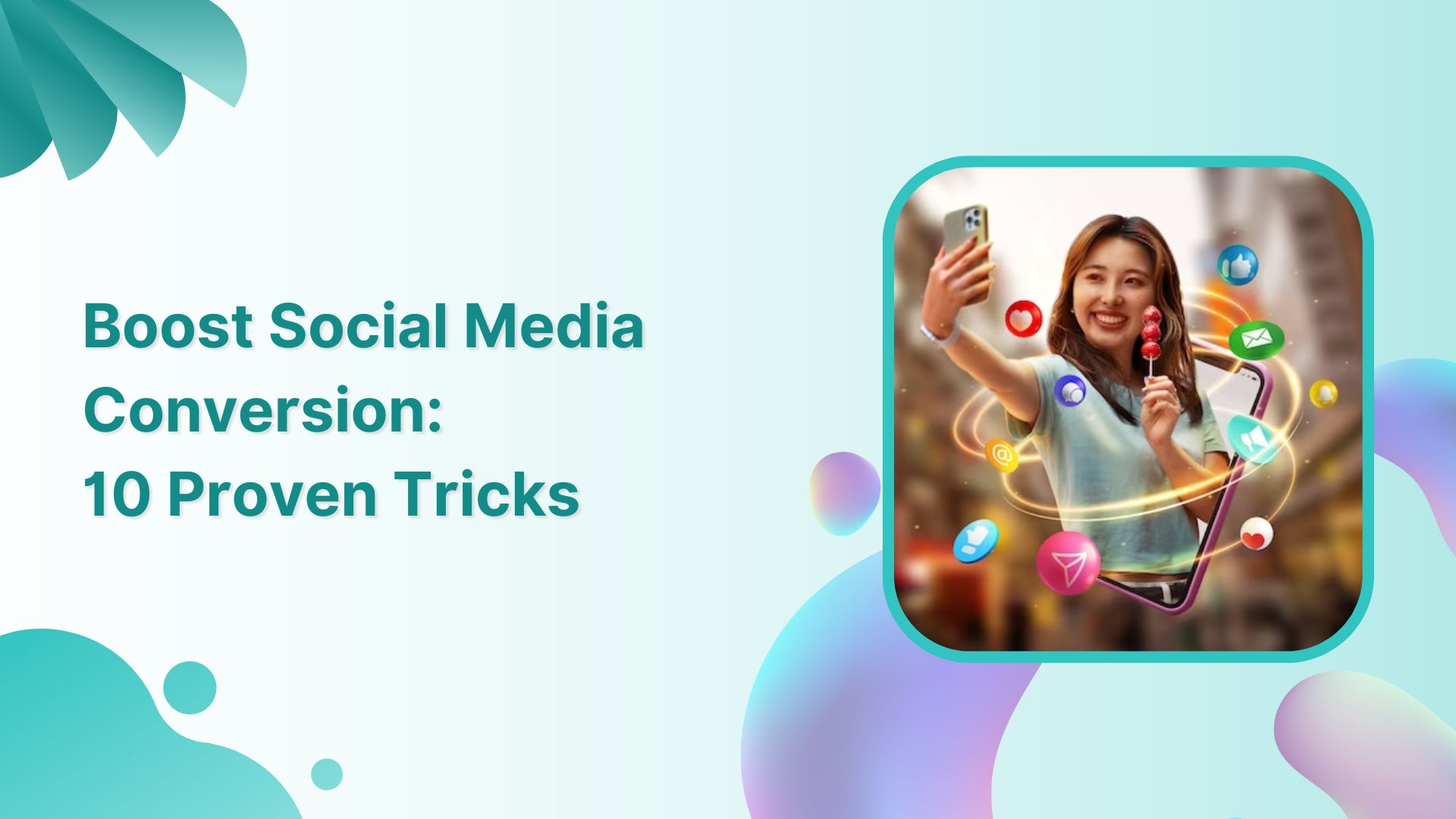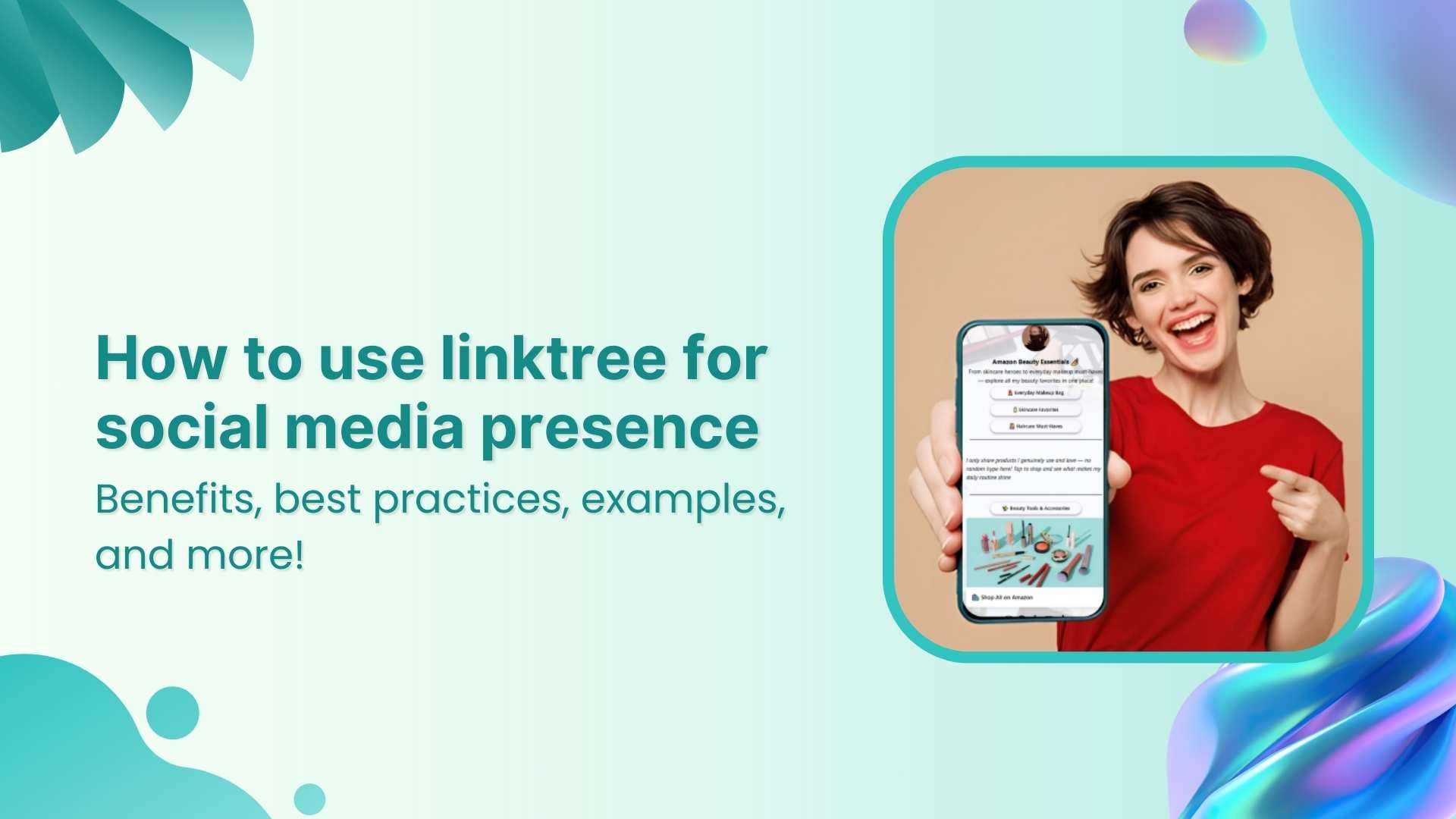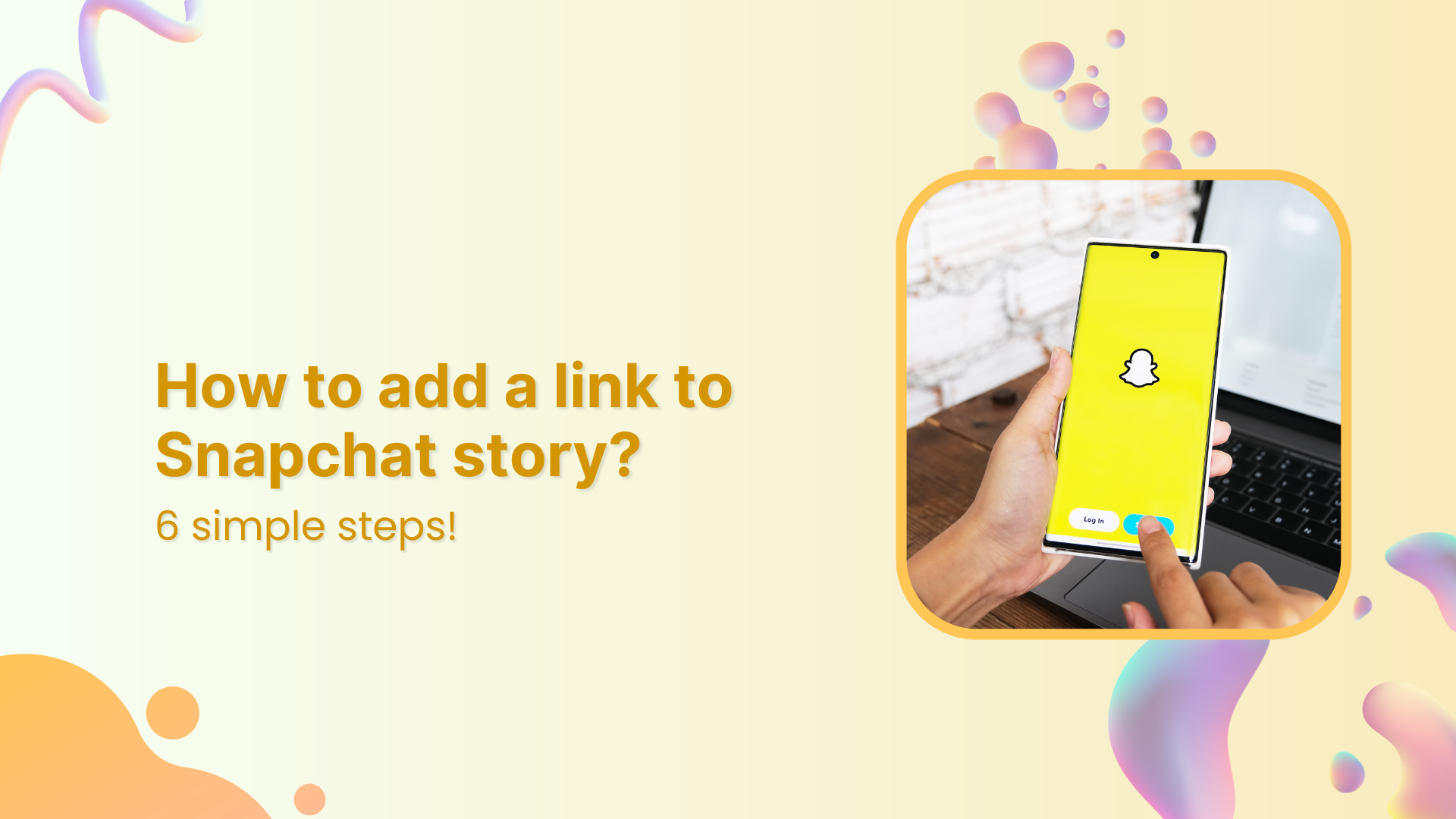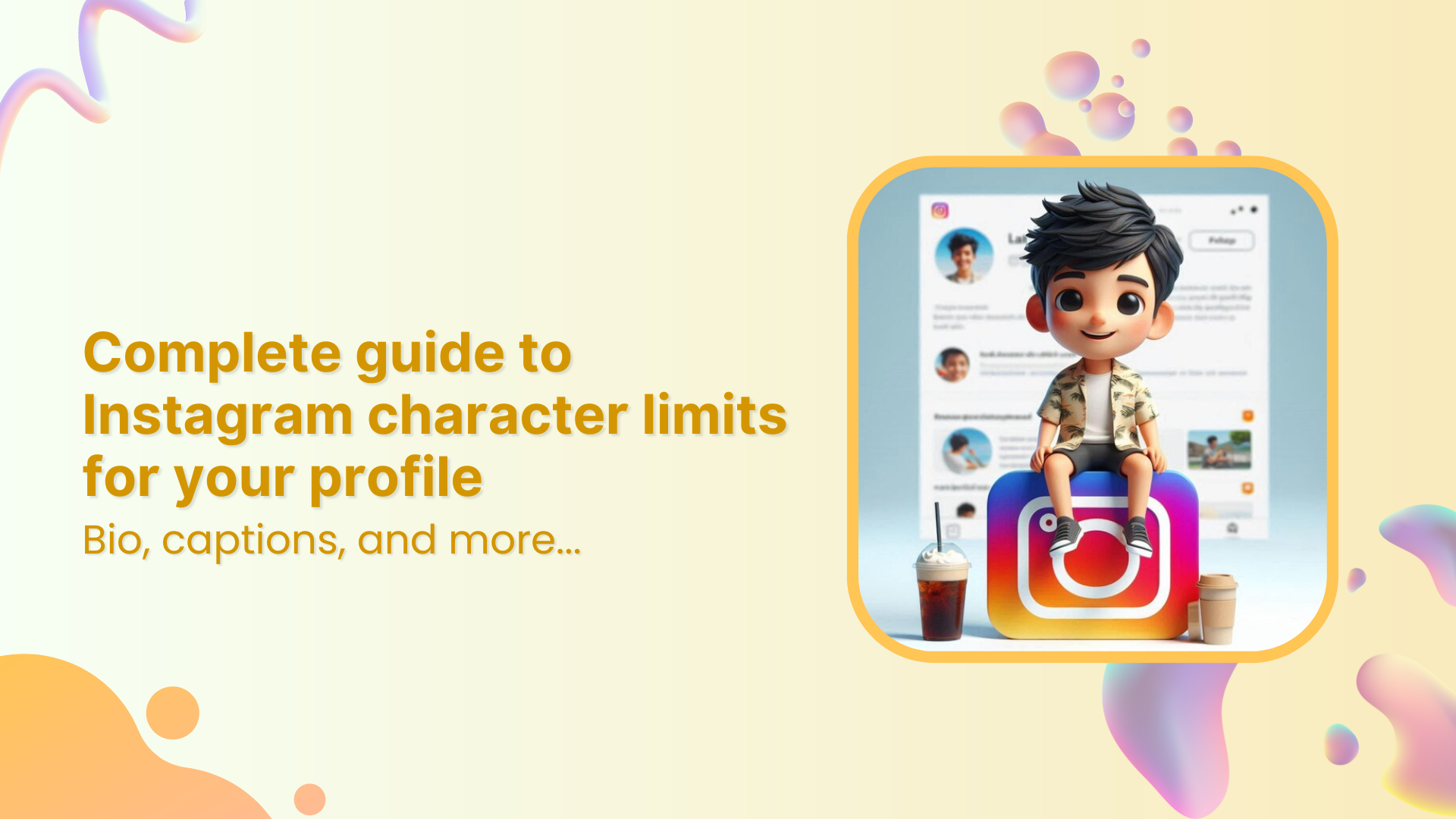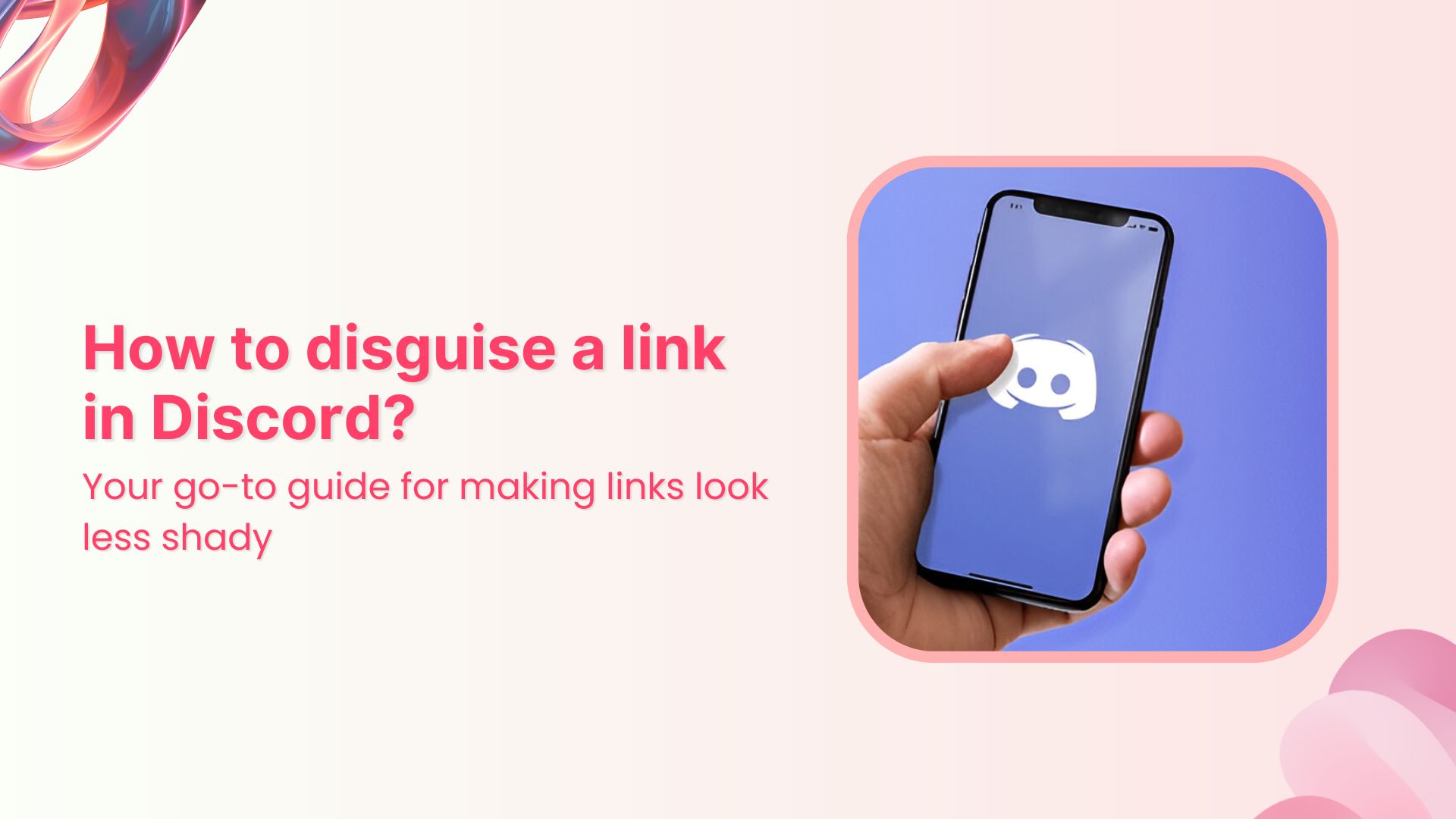An all-time high of 4.9 billion people are now on social media platforms worldwide. In addition, predictions show that by 2027, this number will be increased to almost 5.85 billion.
Still, if you’re exhausted from only getting views and a few clicks from your social media channels, it’s time to rethink your brand’s approach to social media.
Because, with the appropriate approach, social media can drive real traffic and sales to your brand. In this article, we’ll review strategies for making the most of your social media conversions in 2023.
| Set SMART goals for your business |
| SMART stands for Specific, Measurable, Achievable, Relevant, and Time-bound. Setting goals that meet these criteria gives you a clear direction and a better chance of success. |
1. Analyzing buyer persona
To market your products or services effectively, it’s essential to genuinely get to know the people you’re trying to reach. Put another way, it is getting to know your buyer’s persona or target audience.
To create your custom audience, it would be helpful to gather the following information:
- User Age
- Previous purchasing behavior
- User Gender
- Current Occupation
- Engage in social listening
After crafting your buyer persona, make the most of this valuable information when shaping your content strategy. Moreover, don’t fool yourself into thinking that artificially inflating your follower count by purchasing phony accounts would improve your brand’s visibility. Having social media “likes” but no interaction with your material is pointless.
2. Creating a social media calendar
A social media content calendar gives you a bird’s eye view of your social content: what you’ll be posting, which channels you’ll be posting on, your posting schedule, and so on. Collaborating with social media marketing agencies in Los Angeles can also help ensure your calendar reflects trends and audience behaviors unique to your local market.
By planning out your content in advance, you can ensure that your messages align with your overall goals and objectives and that you share relevant and engaging content with your target audience.
Use tools like Contentstudio.io to create a schedule for each content type on each social media platform, specifying the time of day and day of the week for each post.
3. Create a conversion-focused landing page
To kickstart a solid social media strategy, craft the perfect landing pages to share on one’s social profile.
Replug makes it simple to design a landing page, making it perfect for increasing conversions through social media bio links and retargeting pixels.
Like a game of “Who Wore It Better?”, your audience will play “Who Wrote It Better?” as they devour your landing page’s content.
Create epic content where your products and services engage in an epic showdown with your competitors.
| Add Website links, Product links, Affiliate links, Blog or Articles, Videos, Musical tracks, Contact buttons, CTA’s, Sales or discounts, and more in your Bio link page |
Remember that visitors will compare your landing page as they read your offerings. Creating pages comparing your offerings to your competitors is a good idea.
Link comparison pages to your bio landing page so your audience can see which solution is the best for them.
4. Adding catchy CTAs
After completing a project of any kind, be it a video, blog article, email campaign, social media post, bio link landing page, etc…. It’s time to make some new CTA buddies.
Visitors to your landing pages may or may not be ready to purchase immediately. However, after coming over the CTA, some users might click on it, while others may want to know more about the offering before making a decision.
That’s why it’s essential to include a variety of calls to action on your landing page. One in the beginning (above the fold), one at the center, and one at the end.
However, if you rely on email marketing, ensure your emails are short and have a clear call to action. Include your offer/value/free trial in the email’s subject.
The quicker people can consume your content, the better. Don’t hide “the meat” in long emails about unnecessary things.
Related: How to create attractive CTA for maximum conversions
5. Creating engaging content
With the ever-increasing competition and constant stream of information bombarding users, it’s difficult to stand out.
Nowadays, users crave content that is not only informative but also entertaining and visually appealing. They want to be captivated, inspired, and compelled to take action.
So, how can you ensure your social media content is up to the mark? It all starts with
- Visual Content: Visual content has been proven to have a higher click rate and conversion rate than general text-based content. Also, it can boost your online presence and increase your audience’s engagement.
- Adding Memes: Memes are static images often enhanced with text and spread quickly through social media.
- Trendy content: Whether reading the news, following social media accounts or subscribing to newsletters, staying up-to-date and utilizing trendy content is essential.
- Using relevant hashtags: Adding your brand name or a relevant keyword to your profile creates a sense of professionalism and authenticity. This personalized social media hack helps users recognize and remember your brand. And for crafting captivating captions effortlessly, consider using a social media caption generator to enhance your content even further.
- Use exit pop-ups and CTAs: Whenever a user’s cursor moves towards that exit button, the exit intent popup swoops in and grabs their attention. It’s a social media hack website owners use to engage with their visitors and reduce bounce rates.
6. Selecting the right social media platform
Social media platforms are a dime a dozen, each with its target market and fan base.
Break down every social channel to determine its target audience so you can pick the best content strategy.
Facebook is the most popular social networking platform globally, with 2.9 million monthly active users worldwide. Users between the ages of 25 and 34 comprise the largest demographic group. Questionnaires, Videos (usually short clips), and links to web blogs are popular among Facebook members.
Instagram is extremely important to businesses of all sizes in the twenty-first century. Instagram users enjoy high-quality videos, stories, giveaways, collaborations, and carousels.
Also read: The Ultimate Guide to Increase Followers on Instagram
Twitter(X)
It’s estimated that 67% of all B2B companies use Twitter(X) as a means of advertising. Users of Twitter enjoy blog links, GIFs, polls, and current soundbites.
Youtube
The platform boasts a monthly active user base of over 2.5 million people. YouTube users have a strong preference for various types of content, including vlogs, YouTube shorts, video reviews, and live gaming sessions.
As many as 478 million people worldwide use Pinterest monthly for ideas and retail motivation. Pinterest users like image pins, video pins, product pins, etc.
LinkedIn is used by 24% of millennials, 50% of internet users with a bachelor’s degree or above, and 92% of B2B marketers. Among the most popular types of user-generated content on LinkedIn include newsletters, surveys, engaging videos, carousels, and attention-grabbing one-liner postings.
According to Snapchat’s marketing, the app is used for more than 30 minutes every day by its users, including 75% of Gen Z and Millennials. The most popular types of content on this platform are stories, streaks, photos, and short videos that can be modified with various filters, effects, text captions, and drawings.
TikTok has over 1.677 billion users globally, out of which 1.1 billion are its monthly active users as of 2023. Most use TikTok to find funny/entertaining content, followed by posting and sharing content.
Quora
The gender distribution on this popular question-and-answer website is 43% female and 57% male. According to the B2B Marketing Guide on Quora, more than half (54%) of users have an annual household income exceeding $100,000. It serves primarily as a question-and-answer website.
In addition to our previous suggestions, we highly recommend involving cross-promotion in your content strategy.
7. Leverage user-generated content
Did you know that research has found that users can form an opinion about your content in just 0.05 seconds? It’s pretty quick, right? So, you’ve got to impress them right off the bat.
Using user-generated content in marketing has become a significant component of effective content strategies in recent years.
Let’s talk about the various types of user-generated content.
| Reviews or Rating | Reviews and ratings rule user-generated content. They are highly valuable since product users make them. |
| Social media posts | Any time someone posts a social message about you, whether it’s a Tweet or an Instagram post, that’s UGC. |
| Custom campaigns with specialized hashtags | You can ask followers to share their favorite memories with your products or services, photographs with the product, or something else. |
| Video content (including live streaming and AR lenses/filters) | UGC includes GoPro films, Instagram Stories, and natively recorded videos, as long as you aren’t paying someone to create the material for you. |
| Sponsored Content | Organic social media takes time compared to the immediate increase in brand reach and awareness of paid ads. |
| Q&A Forums (including comments) | Forum discussions like Quora and others serve the unique purpose of in-depth answers to user-generated questions. |
User-generated content like these can be used as social proof. Social proof is a vital aspect of your sales funnel content strategy.
8. Create video-centric posts
Did you know that social media posts with videos usually get more engagement? It’s true! People are more likely to interact with posts that have videos. You can attract and keep more clients interested by using a variety of videos.
Here’s an example of a video-centric post by famous LinkedIn content creator Gary Vaynerchuk on Linkedin:
Just like this highly video-centric post, make sure your videos are interesting enough to make people want to stop what they’re doing and watch. Put your brand’s message and a compelling call to action (CTA) in the video’s initial few seconds to increase its conversion rate.
9. Sharing a case study
Case studies are the most popular self-promotion content marketing tactic, with 62.2% of surveyed marketers saying they effectively generate leads. When working on your case study, focus on storytelling rather than solely on numbers.
Once you’ve created an impactful case study. Share it on social media, include it in your email marketing campaigns, make sure it’s prominently displayed on your website, and even link to it in your blogs.
However, creating case studies can be quite time-consuming and requires a lot of effort. If you’re excited about creating something, share it on as many platforms as possible to have the most significant impact.
10. Track your social media analytics
This social media hack concludes platform analysis, campaign analysis, and reporting. But you can’t do all this by yourself. So you’d need a social media analytics tool to help you spy on your social media accounts, like ContentStudio – a secret clubhouse for creative geniuses.
Additionally, you can also get back and forth to eliminate approval with immediate feedback from clients and the team. Overall, it monitors your brand’s social media strategy and helps you improve it by analyzing usage data.
Conclusion
We’ve got you covered with the essential steps to boost your social media conversions and get some desired results. To start, having a content strategy that speaks to your buyers is essential.
Secondly, instead of just focusing on promoting yourself, highlight the benefits of your products or services. This way, you can show potential customers how your offerings can make a difference in their lives.
Lastly, make sure to tap into the power of user-generated content, such as reviews and case studies, to sway potential buyers in a positive way.
Now that you have this information, you can start your revamped social media strategy! Good luck! You’ve got this!



























